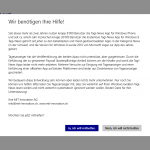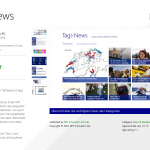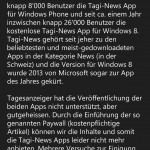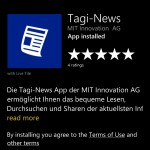I am happy to announce, that I just finished and submitted my master thesis. In the past five months, I’ve intensively worked on this project, got amazing opportunities (e.g., research trip to Vancouver and Redmond), could talk to numerous people about my work, and learnt a ton. Thanks to everyone for their help!
Abstract
The better the software development community becomes at creating software, the more software the world seems to demand. One way to address the gap between software demand and supply is to try to increase the supply, by optimizing the productivity of software developers. Although there is a large body of research about measuring and investigating productivity from an organizational point of view, there is a paucity of research about how software developers, those at the front-line of software construction, think about, assess, and try to improve their productivity. To investigate software developers’ perceptions of software development productivity, we conducted two studies: a survey with 379 professional software developers to help elicit themes and an observational study with 11 professional software developers to investigate emergent themes in more detail. In the survey we found that software developers perceive their days as productive when they complete many or big tasks, without significant interruptions or context switches. Yet, the observational data we collected shows our participants performed significant task and activity switching, while still feeling productive.
We analyze such apparent contradictions in our findings and use the analysis to propose ways to better support software developers in a retrospection and improvement of their productivity through the development of new tools and the sharing of best practices. Based on the finding that there might not be a single and/or simple measurement for a software developer’s productivity, we discuss a new idea to provide a software developer with a meaningful retrospective analysis of his workday and workweek and its possible impact on a developer’s productivity.
Download
You may download the thesis here. Here you find the post relating to our paper on Thomas Zimmermann’s website. Thank you!

















